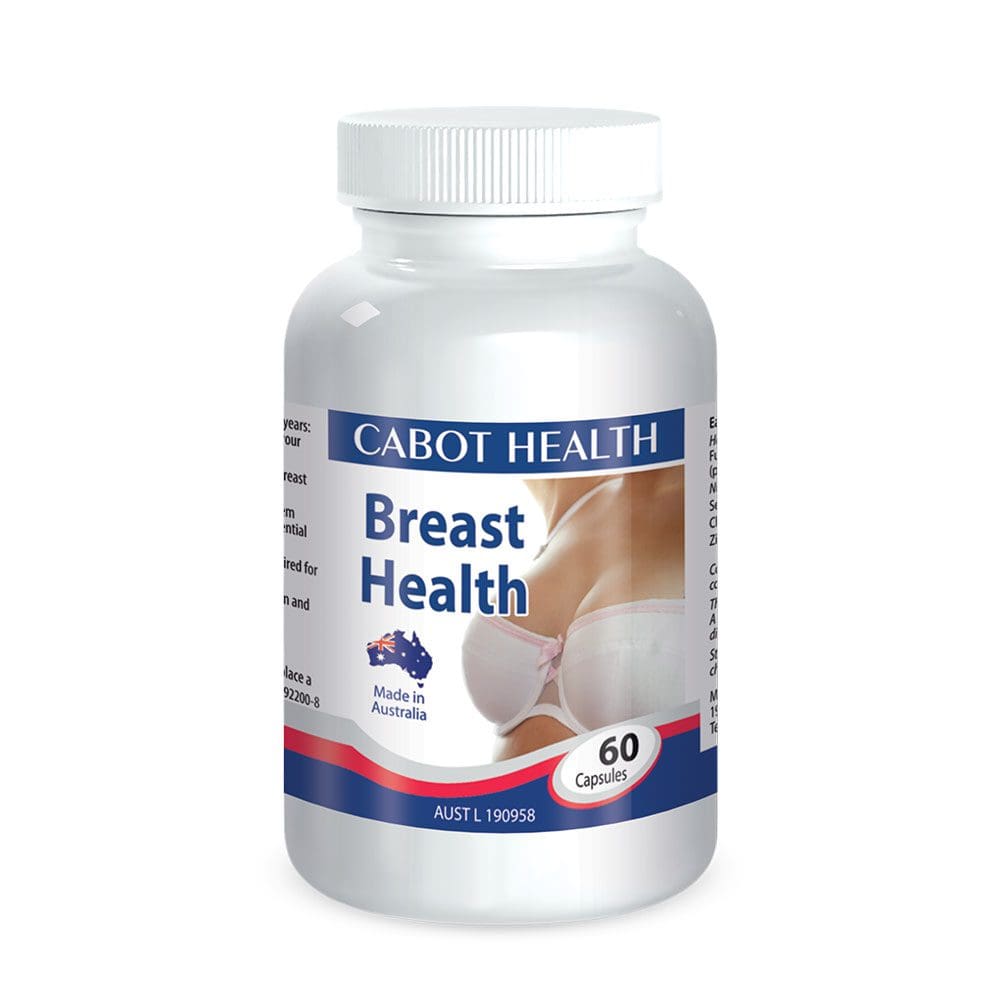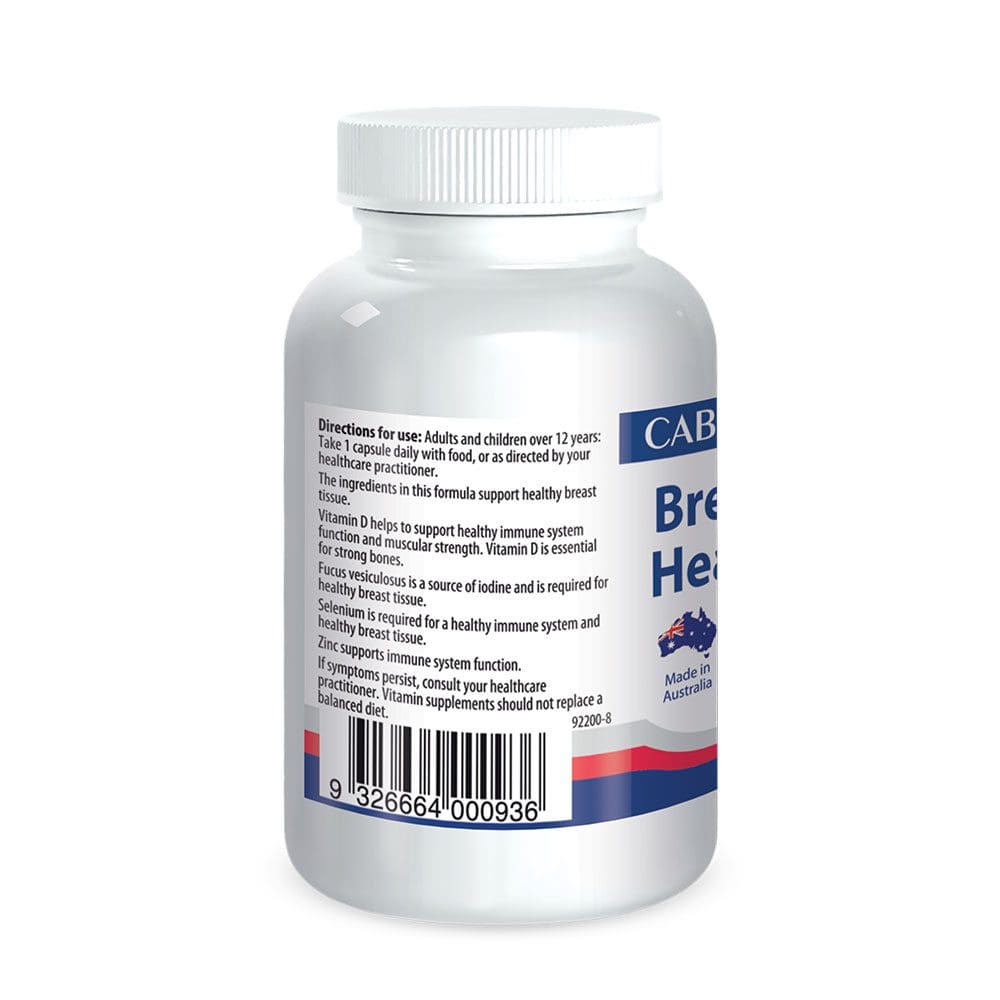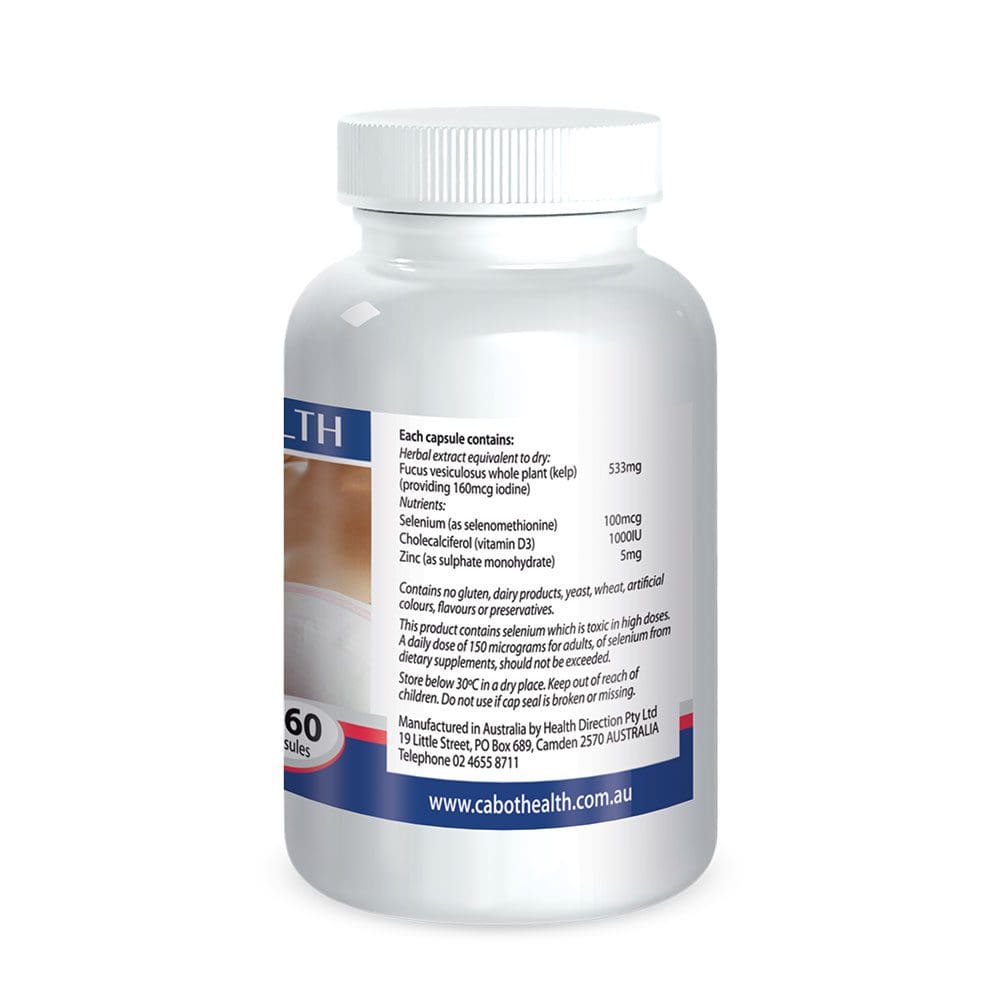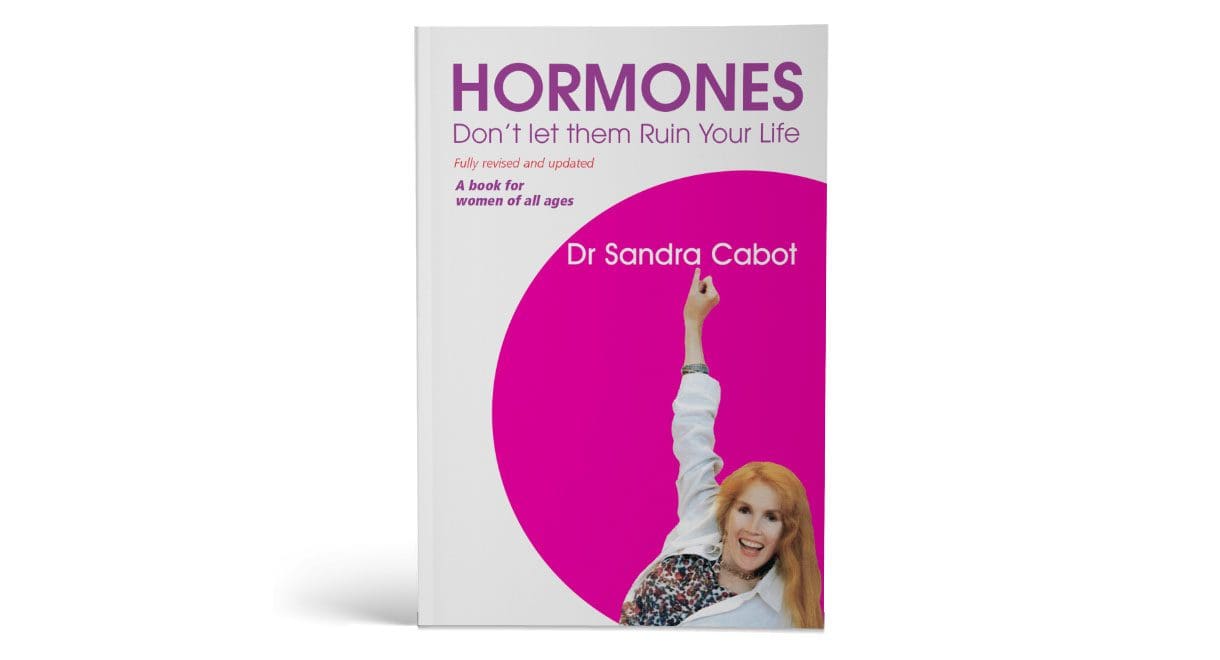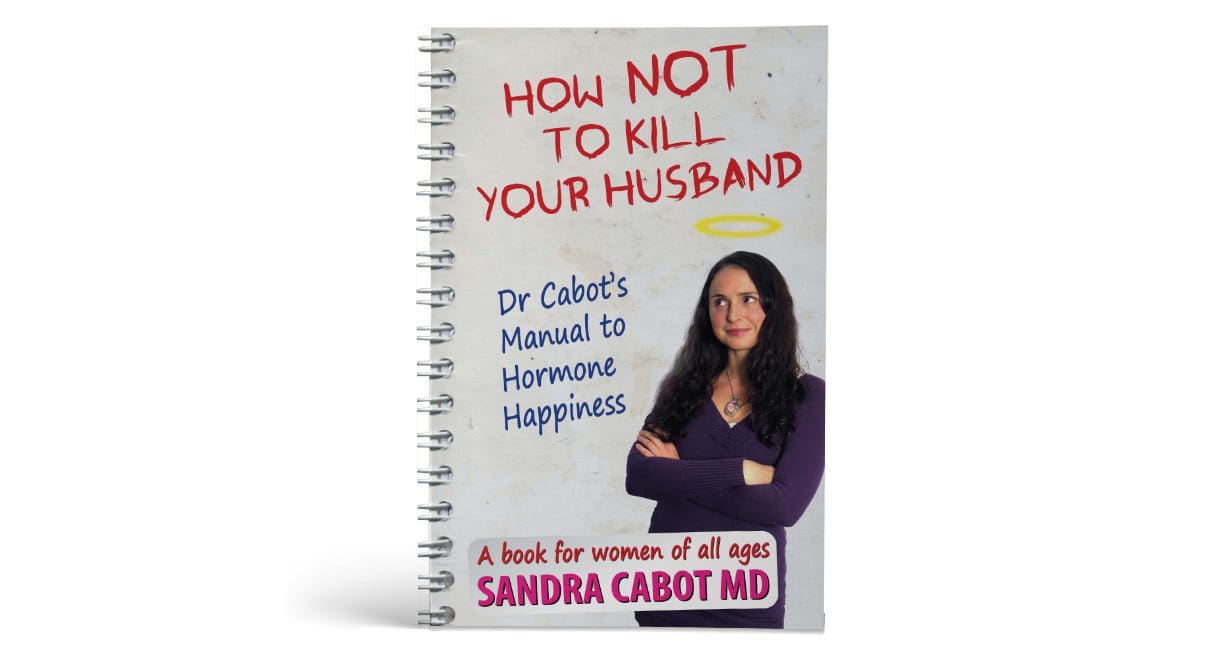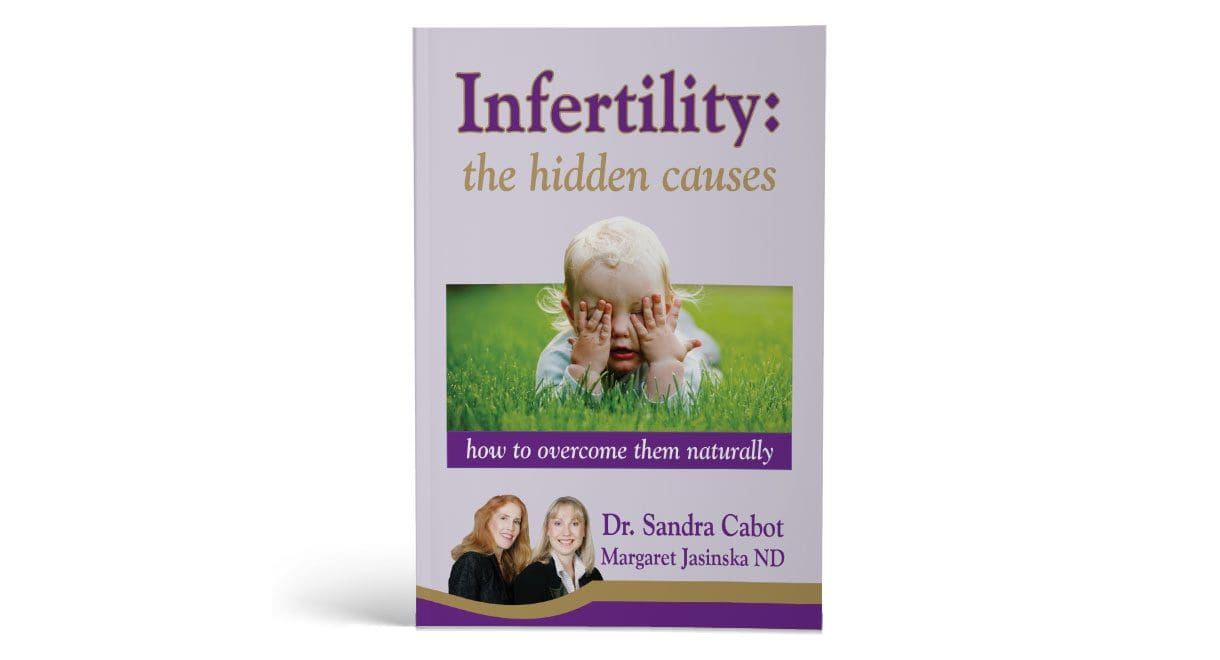Why Use Breast Health
How will I benefit from taking Breast Health?
Did you know that breast cancer is the most common cancer amongst Australian women? From adolescence to menopause, breast tissue will change depending on the hormonal changes women will experience such as their menstrual cycle, pregnancy and lactation.
Although it is normal and common for breasts to be lumpy or to develop benign nodules, there are certain changes you need to look out for. You should see your doctor if you notice: new lumps, changes in the shape of your breast, changes in the colour of your breast, any persistent breast pain, etc.
Breast Health is a potent formula that contains the three key nutrients required for healthy breast tissue that many women all over the world are deficient in. Breast health is immensely important to all women but is often overlooked.
Breast Health contains:
- Iodine: Is sourced from kelp (seaweed), the richest source of iodine. Many people are deficient in iodine as the majority of them don’t consume enough iodine-rich foods and soils are often depleted of iodine. Iodine deficiency may increase the risk of breast cysts and fibrocystic breast disease. Sufficient iodine can help protect against cancer as iodine improves immunity and helps to induce apoptosis – self-destruction of cancer cells. Symptoms of iodine deficiency include: trouble producing saliva and digesting food, swollen salivary glands and dry mouth, skin problems, poor concentration and memory, muscle pain and muscle weakness.
- Selenium: Is a powerful trace mineral that is required for healthy breast tissue. One of selenium’s many indications is helping defend against cancer. It attaches to protective antioxidants in the body to reduce and repair damage done to DNA, which can lead to cancerous cell mutation and tumour growth. Selenium acts as an antioxidant and can assist immunity by reducing free radical damage. Many people are deficient in this powerful mineral due to our soils being so depleted. Symptoms of selenium deficiency include: irritability, anxiety, depression, moodiness, low thyroid function, impaired hair and nail growth, fatigue and impaired immunity.
- Vitamin D3: Is a supplemental form of vitamin D that is derived from animals and is easily absorbed by the body. The majority of individuals are somewhat deficient in vitamin D, which is quite surprising considering you only need 10 – 15 minutes of daily sun exposure without sunscreen to produce adequate amounts of vitamin D. This varies of course with different skin tones. Vitamin D deficiency may increase the risk of breast cancer as vitamin D helps cells to differentiate and inhibits cells from proliferating or growing in an out of control way. Vitamin D deficiency may be linked to osteoporosis, high blood pressure, autoimmune diseases, depression, insomnia, arthritis, diabetes and many more health concerns.
- Zinc: Is an essential trace element that is needed regularly in small amounts to maintain health and perform important functions each day. Zinc has many benefits including acting as a powerful antioxidant that may help fight cancer. Zinc supports healthy cell division, prevents mutation of cancerous cells and halts tumour growth. Zinc deficiency is becoming quite common as zinc sourced from grains, legumes and cereals is not well absorbed. The best sources of zinc are animal-based, high-protein foods such as lamb and grass fed beef. Symptoms of zinc deficiency include: poor brain function, weak immunity, diarrhoea, food allergies, hair loss, leaky gut and acne/rashes.
RELATED PRODUCTS
This book covers all the hormonal issues for women up to menopause.
This book covers all the hormonal issues for women up to menopause.



